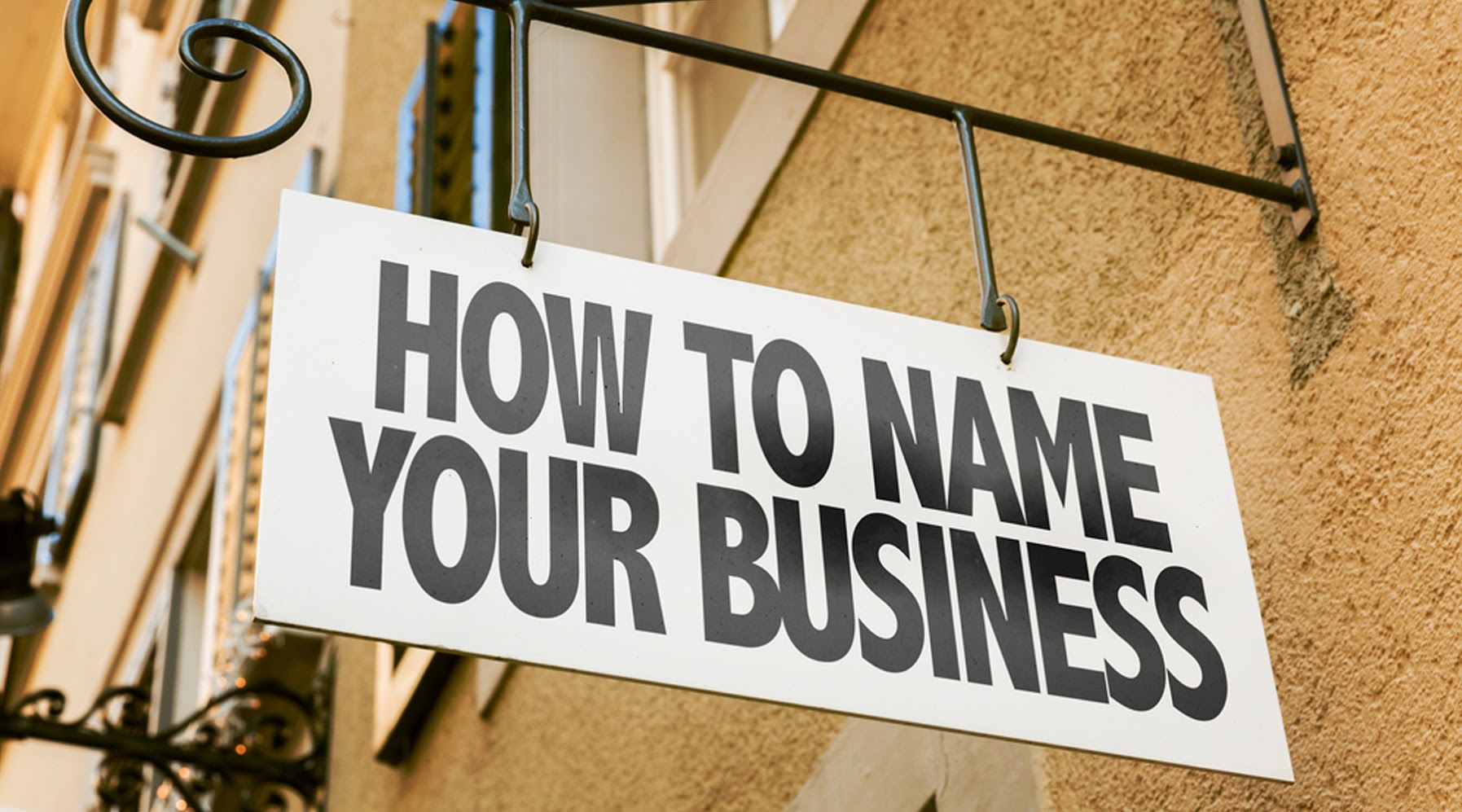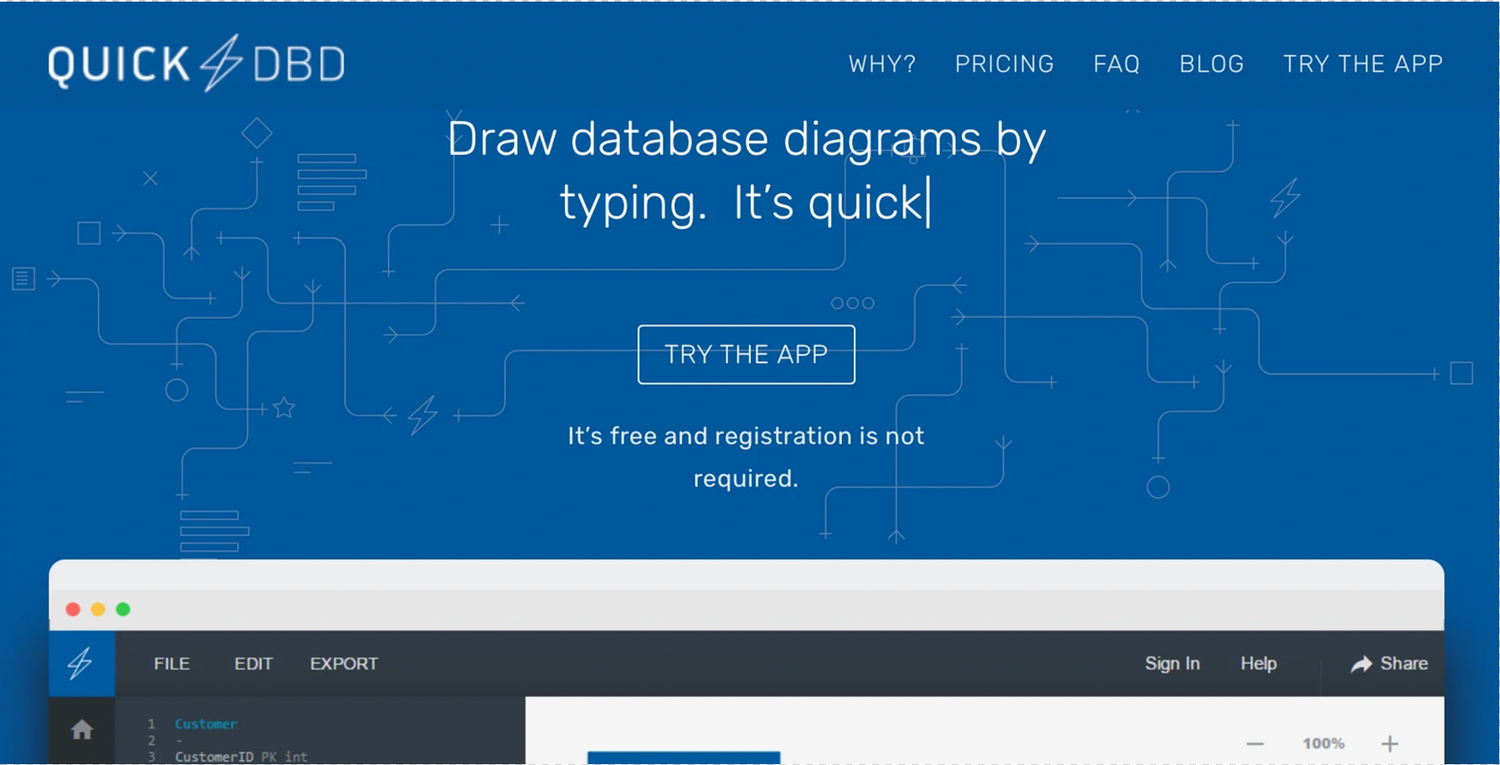Naming your business is a challenging task. It's a decision you must make carefully. After all, a business's name is what people remember most.
In this blog post, we will discuss 10 things to keep in mind when choosing a name for your small business.
But before we start, let's talk briefly about why we're emphasizing choosing the right name for your venture.
Importance of Choosing the Right Name for Your Venture
A name can make or break your business, quite literally.
The right name appeals to the customers and significantly helps build brand recognition. That's what you want; etch yourself onto your target customer's mind.
Moreover, a good name that reflects what the business is about, with positive associations, can be great for marketing and branding purposes.
On the other hand, choosing the wrong name could turn customers off or cause them to not even remember you all (yikes!)
Don't worry! In this blog, we'll share 10 tips to remember when deciding what to name your startup.
Tips to Choose the Right Name for Your Small Business
1. Avoid Hard-To-Spell Names
The last thing you want is a name your customers need help pronouncing or spelling correctly.
It should be effortless to remember and recall. To use a starting point, think of a business name that fits nicely on a business card without looking like it's too much text. Keep it simple and sweet.
Example: H&M. Its full form, Hennes and Mauritz, doesn't quite roll off the tongue like its abbreviation H&M, right?
You can brainstorm an excellent name for your business by doing a word dump of all the relevant words to your company and the industry you're operating in. Additionally, you can use a name generator to help get your creative juices flowing, like BusinessNameGenerator.com.
2. Get The dot.com Domain
Now this is something technical, but also quite important.
A domain name is basically an address for your website. Users can type this address on search engines and locate your business online. Common examples of domain names are 'facebook.com' and 'google.com.'
There are many variations regarding domain names, such as ".net" or ".org." However, the ".com" sounds more legit, and customers often perceive businesses with the .com domain name as well-established and proper. And when purchasing, you really only need the .com. Try not to spend crazy amounts on other domain extensions like .net, .org, and such.
One hassle many new business owners face is finding a good domain name that's not already taken. We suggest you reserve a domain name before setting up the official website so you have one less thing to worry about. It will cost around $10 to $20 only.
How to research domain name availability? Search for the domain name you want with domains.google.com
WARNING: don't use GoDaddy! They are terrible overall. Instead, use Google. They have great support and are fairly priced. You get the extras without having to pay for them. Use domains.google.com.
Tip: did you know that people are willing to sell their domain names to you for the right price?
If you're set on a name and have funds to spend, you can approach the owner using the Whois tool available on both web hosting sites and ask them if they're willing to sell the domain name to you!
3. Make Sure It's Available On Every Social Platform
Having the same name on every social media channel is more important than you'd think.
It plays a crucial role in keeping your brand image consistent. Remember, having an omnichannel presence has become necessary in today's world.
Your customers use several social media platforms; some might spend more time on Instagram than Facebook or vice versa. In this case, your business account must go by the same name across all platforms.
For example, imagine a customer wanting to read reviews on your Instagram and Facebook pages. However, they're struggling to find you on one of the platforms since you've set up the accounts with two different names or there's a spelling variation.
To avoid this, do a thorough internet search with your business name and see if another business has already taken it. Google will show you social media accounts with the same or similar names.
It's good to pick a name available across all social media platforms.4. Do A Trademark Search
If you're setting up a business in the USA, go to USPTO.gov or https://tmsearch.uspto.gov. It's the official website of the United States Patent and Trademark Office.
Search if a similar trademark has already been registered using their Trademark Electronic Search System or TESS.
However, trademark rules and regulations differ from country to country, and we'd suggest you thoroughly research how to search for a trademark and successfully register your business name.
Tip: You don't necessarily need to trademark your name. The moment you start using your name, you have rights to it. Of course, it's always best to get it trademarked if you can afford it, but when starting out, this is not a priority. The following month we will create an article to discuss the pros and cons of performing a trademark.
5. Don't Pick A Limiting Business Name
Despite your goals and aspirations, you can't predict where your business will be 5 or 10 years from now. Times are unpredictable, and the goals you have regarding your venture may change in the future.
Don't make the mistake of choosing a name that limits your business growth. For example, you're in the textile business and currently sell clothing items only.
It's appealing to name it something like "XYZ clothing," but what if you want to expand your business to incorporate other products like bedding, curtains, etc.?
Similarly, don't give in to temptation and name your business based on the current trends or "what's hot" because trends die and are quickly replaced.
You don't want your customers to think you're outdated. Instead, keep a generic name that resonates with your brand even after expansion. In the case of our example, how about naming it "XYZ Textiles"?
However, sometimes if you are selling a particular product or product line, you could name it something limiting. For example, if you wholesale leggings, you could call it "Leggings Wholesale." ensure you can get all the social media and domains.
6. Avoid Unusual Spellings Of Words
Another thing to avoid when naming your business is misspelling words.
Businesses do this to stand out from the crowd; it's quirky and funny but can cause trouble if you don't have enough resources to properly brand the unusual business name.
Suppose the name you want is already taken. In that case, exploring alternative names might be better than misspelling or playing around with words. This all depends on your ability to brand your company.
Talking from an SEO perspective, if your website isn't optimized correctly, we're afraid potential customers may be unable to find you on Google.
Let's say you name your apparel business Komal Klothing instead of using the correct word clothing; someone who has just heard of the brand name will likely search Komal Clothing and might not find your website.
7. Don't Choose A Name That's Too General
This may be confusing, but hear us out: your business name shouldn't be too specific or general. That's the gist of it.
Your customers need to understand your business before buying from you, right? In today's world, customers have many options. Hence, you need to be more specific to tell the customers exactly what your business is about. This way, you'll be able to quickly convince them to buy from you.
We've already established your business name shouldn't be too complicated. Still, something too simple or generic won't do any good either. You need to find a sweet spot.
8. Get Feedback On The Name
When choosing a business name, don't consider your likes and dislikes only; take input from the people around you. Get feedback from your friends and family, but be careful to let their ideas cloud your judgment. You need to be able to take criticism and opinions without allowing them to affect your decision.
Also, research whether or not your business name has a negative connotation. A word can have different meanings in different languages.
Doing a social media poll or conducting a focus group can be helpful in this case, as your followers may be well-versed in different languages. Or, you can use Google Translate or other translation websites.
9. Ask Yourself: Does It Sound As Good As It Seems Written?
Some words sound good on paper but less when spoken out loud.
Your business name should be catchy enough when written or spoken. If a potential customer hears it from someone's mouth, they shouldn't find it funny or weird; instead, it should make a strong impression.
We aren't saying funny and weird are bad. It's a fine line. Just make sure people are laughing with you, not at you.
10. Follow Your State's Naming Guidelines
This varies from state to state and country to country.
An essential aspect of opening a business is deciding on a business structure. If you plan to form an LLC or Corporation, research and check if the name is available before finalizing it.
For example, if you're in the US, you can search the Secretary of State's records to see if another business entity isn't already registered with the same or similar name.
We recommend getting legal help on this one as it may be a new area for you, and doing it right is crucial. Check out our blog post, How To Structure Your Business: Sole Proprietorship vs. Partnership vs. LLC, for more information about business structures.
The Bottom Line
We hope this article helps you tackle the common issues budding entrepreneurs face when naming their businesses and enables you to choose the right name.
Remember, this is just the starting point; you should do more research before naming your small business and consult professionals if you're stuck in legal matters.



